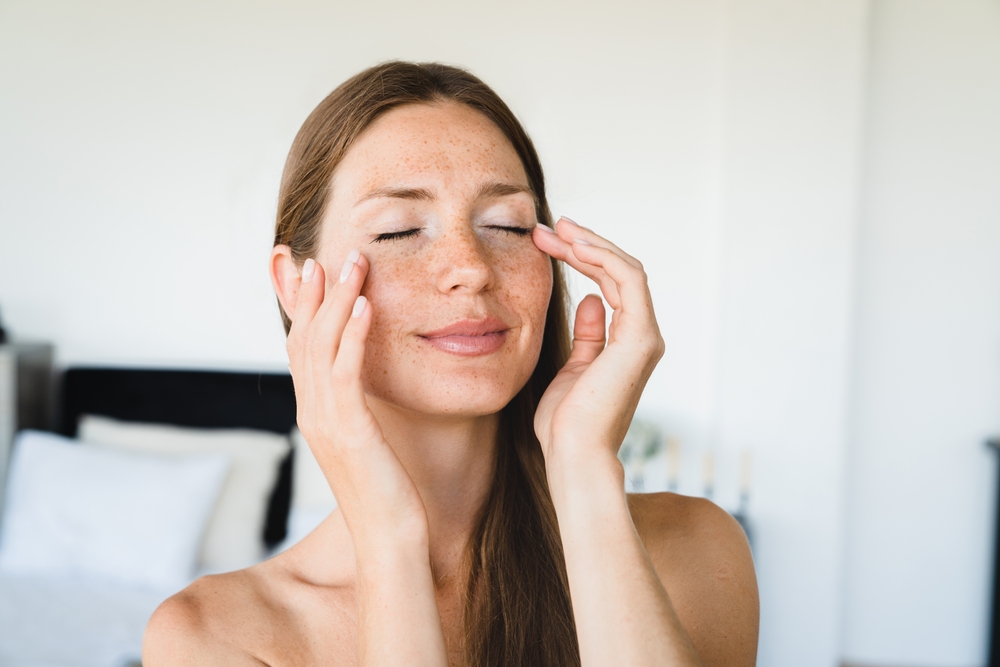
For many people, wearing eye makeup is a part of their daily routine. However, if you struggle with dry eyes, makeup can sometimes make your symptoms worse - leading to irritation, redness, and discomfort. The good news is that with the right techniques and product choices, you can still enjoy makeup without aggravating your eyes.
How Eye Makeup Affects Dry Eyes
Dry eyes occur when your eyes don’t produce enough tears or when the tears evaporate too quickly. Makeup, especially around the eyes, can interfere with the delicate tear film that protects and hydrates your eyes. Certain products and application methods may clog oil glands, trap bacteria, or cause ingredients to enter the eye - intensifying dryness and irritation.
Choose the Right Makeup Products
• Opt for hypoallergenic and ophthalmologist-tested makeup. These formulas are gentler and less likely to cause irritation.
• Use cream-based eyeshadows and liners. Powders can flake into your eyes and worsen dryness.
• Go fragrance-free. Fragrances and harsh preservatives in makeup can irritate sensitive eyes.
Apply Carefully
• Avoid the waterline. Applying eyeliner on the inner rim of your eyelids can block vital oil glands and reduce tear quality.
• Keep mascara away from the lash base. This helps prevent clogs in the tiny oil glands along the eyelid margin.
• Wash hands before applying makeup. This reduces the risk of introducing bacteria that can inflame the eyes.
Remove Makeup Gently
• Use an oil-free, gentle makeup remover. Harsh cleansers can strip natural oils and worsen dryness.
• Avoid rubbing. Instead, press a soft cotton pad soaked in remover over the eye area for a few seconds before wiping.
• Always remove makeup before bed. Leaving it on overnight can cause buildup and irritation.
What to Avoid
• Waterproof mascara and liners - These are difficult to remove and often require strong cleansers that can dry out the eyes.
• Old or expired makeup - Bacteria can build up in older products, leading to infections and eye irritation.
When to See Your Optometrist
While adjusting your makeup routine can help reduce discomfort, sometimes dry eyes require professional attention. It’s important to schedule an eye exam if you notice ongoing symptoms that don’t improve with over-the-counter solutions.
Persistent dryness, burning, or redness are common warning signs that shouldn’t be ignored. Some people also experience sensitivity to light or frequent episodes of blurry vision, which may point to a deeper issue with tear quality or eye surface health. Interestingly, excessive tearing can also be a sign of underlying dryness, as the eyes try to compensate for irritation. Other red flags include the sensation of grit, sand, or something “stuck” in your eyes, as well as increasing difficulty wearing contact lenses due to dryness.
Your optometrist can identify the root cause of your symptoms and recommend tailored treatments. Options may include medicated eye drops, in-office therapies, or lifestyle adjustments designed to restore comfort and protect your long-term vision.
Protect Your Eyes with Professional Dry Eye Care
If you have dry eyes, wearing eye makeup doesn’t have to be off-limits - you just need to be mindful of the products you choose and how you apply them. By making small adjustments to your routine, you can protect your eye health while still enjoying the look you want.
At Alpha Eyecare Associates, we specialize in diagnosing and treating dry eye syndrome to help you see and feel your best. If you’ve noticed persistent irritation or discomfort, schedule an eye exam and let us create a personalized treatment plan for your needs. Visit our offices in Houston, Texas, or call (713) 721-9000 today.













